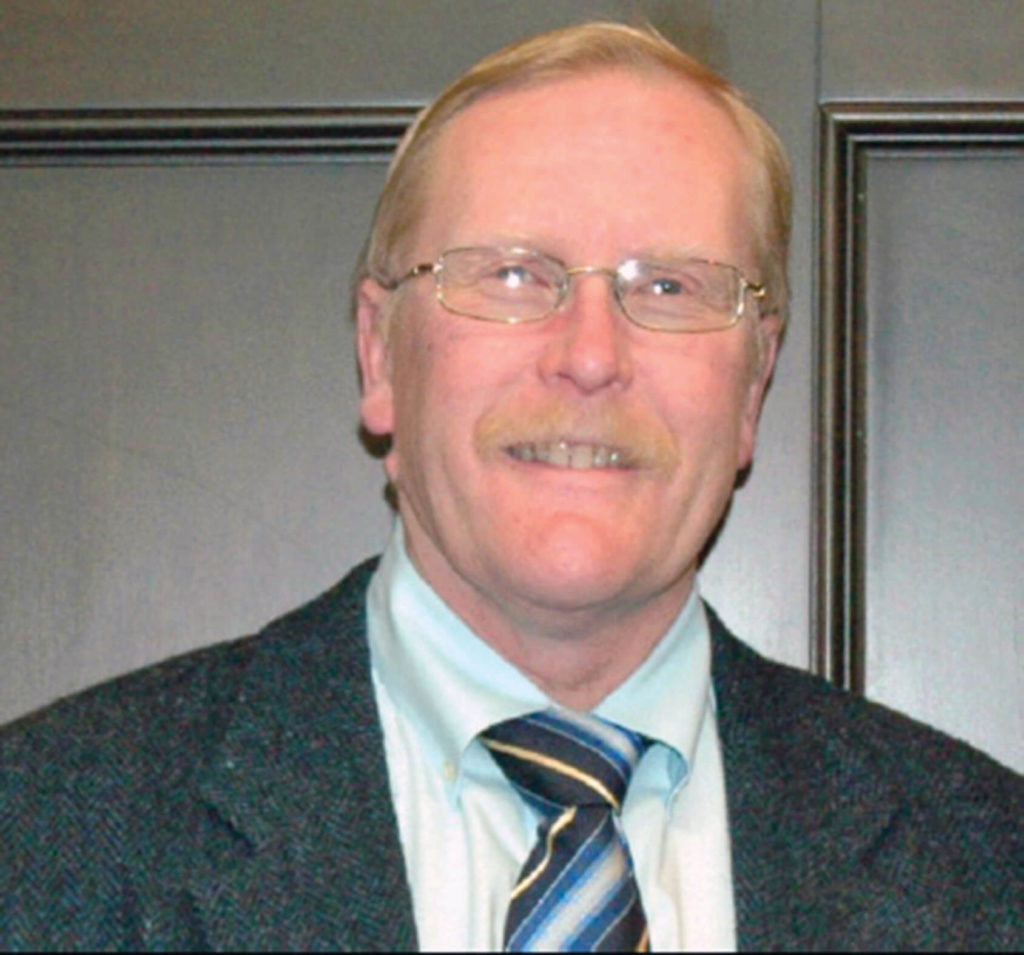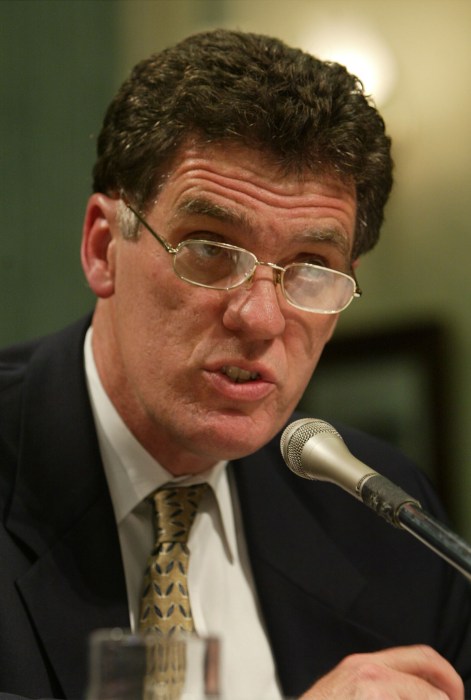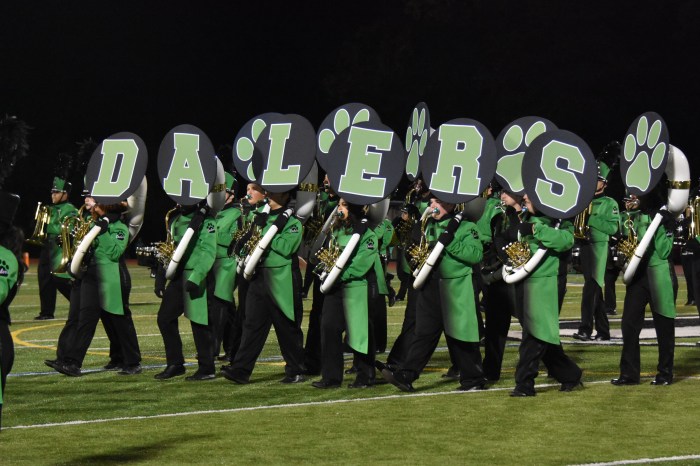
In a Village of Farmingdale election that pitted incumbent Mayor Ralph Ekstrand against former mayor George “Butch” Starkie, the former came away the victor by a margin of 830 votes to 568 to win re-election. In addition, incumbent trustees Deputy Mayor William Barnett and Walter Priestley were re-elected after running unopposed. They garnered 1,120 and 1,110 votes respectively. Ekstrand is embarking on his third term as mayor, first having been elected in 2012 and subsequently reelected in 2016. Previously he served as a village trustee from 2008-12 during Starkie’s sole mayoral term.
Development in the village was the major issue at the crux of this election. Starkie’s decision to run for his old position stemmed in part from his belief that the current administration had been stepping away from the tenets of a master plan for redeveloping the village’s downtown that was codified during his time in office. The Farmingdale High School alum also felt there was a lack of transparency when it came to these kind of decisions being made. But in the end, the will of the residents prevailed at the polls. Starkie said as much in a Facebook post that read, ““This is what elections need to look like. Issues were raised, public was engaged and the public spoke. I love America and the village I call home. Good luck to Walter Priestly, Bill Barrett and Mayor Ralph Ekstrand. Maybe our nation can learn something from our little village?” Given the current political climate, the lack of rancor in this race was all the more impressive. Credit the decision by both candidates to squarely focus on the issues as the prime reason behind how this extended campaign season played out.
“We both want Farmingdale to move forward,” Ekstrand said. “We just have two different ideologies of how to move Farmingdale in the correct direction. But it doesn’t mean one person is bad and the other one is good. It just means we have two perspectives on how to do it.”
It’s a sentiment Starkie agrees with.
“We put the issues out there,” he said. “Everyone knows what they are now and people had a choice and they chose. I’m totally at peace with that. It was democracy at its best—no mud-slinging and no nastiness. I congratulated Ralph, Bill and Walter. I think we all want what’s best for Farmingdale. How we get there is always up for debate.”

(Photo by Dave Gil de Rubio)
In a nod to the current public health challenges presented by the pandemic and as a means of providing a larger public space for social distancing, the election was moved to St. Kilian Auditorium, where it ran from noon to 9 p.m. on Tuesday, Sept. 15. While Starkie was magnanimous regarding the election’s outcome, he does rue the over-sized effect the pandemic had on the process.
“The sad thing too is that COVID-19 threw a wrench into this,” he said. “I think public debate would have been awesome. Even if the results were the same, I really think it would have given people some clarity instead of this back and forth about whose numbers were fuzzy. I think everything could have been fact-checked. But at the end of the day, it’s all good.”
A major issue Ekstrand had was with Starkie’s assessment that the former’s administration isn’t practicing transparency pertaining to the village’s development plans.
“He said we didn’t have transparency for the developers,” Ekstrand said. “The average developer had four public hearings and granted, he did not come to them. If nobody comes to public hearings, how can I be accused of not being transparent because the public doesn’t come? It doesn’t mean I’m not transparent. That’s the problem with local government and the people. The people don’t understand that we publish things in the paper. We put signs up saying we’re having a public hearing and then they say they never heard about it and would have said one thing or another. You can’t say that after the fact. That was the biggest thing in the election. There’s little I can do about that. We did all these things to make it more transparent and the people don’t show up.”

(Photo courtesy of George “Butch” Starkie”)
A 2018 proposal for the Staller Associates’ Lofts project at 333 Main St. next to village hall was what prompted Starkie to run. And while it never became a reality, this kind of development in the village might prompt him to throw his hat in the ring again.
“I told Walter [Priestly] that Staller was what got me on this rampage,” he said. “People had no clue the magnitude of what this project would have looked like. It was an outrage that would have dwarfed village hall. I’m so grateful that they didn’t have the votes and pulled it. If anyone thinks that they’re going to get the density that’s allowed at the railroad station next to village hall, then I’ll get back on my horse again. I really hope we can avoid that.”
As for Ekstrand, the voters returning him to office means he’ll be moving forward with a major project that will involve burying telephone lines downtown.
“We’re looking at burying the telephone lines on Main Street,” the mayor explained. “We have a $500,000 grant from Senator Kevin Thomas to do so and we’ll be working with LIPA, which as you know, is a public power authority governed by the State of New York. They would bond the whole scenario at their bond rating and the village would just have to pay off the bond in 20 years. We’d get rid of all the poles and everything would underground from Prospect Street to the railroad tracks. It’s something that has to be done. It’s not cheap but you know what, the longer you wait, the more it costs.”






























